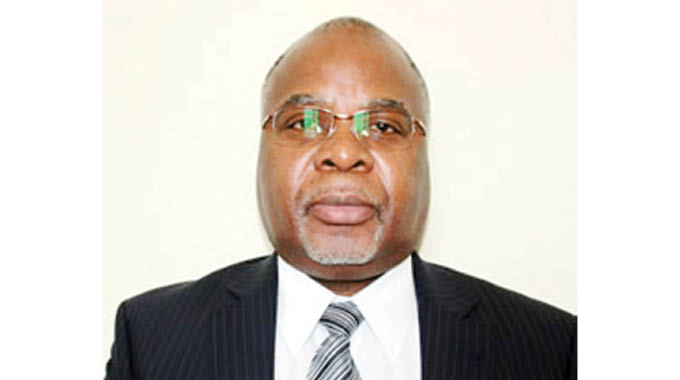Hospitals need more specialised workers

Rumbidzayi Zinyuke Senior Health Reporter
With the number of patients in need of hospitalisation due to Covid-19 increasing, Zimbabwean hospitals are in need of more specialised health workers to manage wards and theatres designated to cater for Covid patients.
As at December 27, hospitalised cases had increased to 303 up from 83 on December 4.
Although the infection rate in the current fourth wave of infections remains relatively lower than in the third wave, the need for health care continues to increase.
Speaking to The Herald recently, Health Service Board chairman Dr Paulinus Sikosana said the country’s health facilities did not have enough workers to fully utilise Covid- 19 centres.
“We do not have enough staff to fully utilise some of the treatment and quarantine centres. Even the High Dependency Units that were established are not adequately staffed.
“For instance, if you look at Parirenyatwa Hospital, the utilisation of the Covid-19 centre is at 40 percent,” he said.
Zimbabwe has been recording a massive exodus of health personnel who are migrating to developed countries and other countries within the SADC region in search of greener pastures.
In 2021 alone, 2 246 professionals left the country, a 126 percent increase from last year when 993 workers left.
Dr Sikosana said most of the health workers that had left had specialised skills and this had left most departments short staffed.
“The dilemma that we have is that developed countries want these experienced health workers to manage their Covid-19 centres so our hospitals are in distress.
“Out of 21 theatres we have, we are using less than five of those because the staff that is migrating is the specialised theatre nurses, cardiac nurses, renal nurses,” he added.
He said the HSB had done a study to determine the remuneration of health workers in the countries where health personnel are migrating as part of efforts to guide the Government in the restructuring of salaries.
Although the Government had reviewed conditions of service this year by up to 140 percent, Dr Sikosana said the inflationary pressures had eroded the incomes.
“Government set up an inter-ministerial committee and we have made suggestions focussing on non monetary incentives for our health workers.
“We have conducted a survey within SADC and the countries overseas where our staff tend to go, and we presented those benchmarks to the inter-ministerial committee for consideration.
“We are not saying the Government should pay our staff the same level as UK or Canada but we want them to see how other countries value and pay their health workers while they compare the conditions of service for local workers with those in Botswana, Namibia, South Africa, Lesotho and other countries whose economies are almost the same as ours and then make a decision,” he said.









Comments